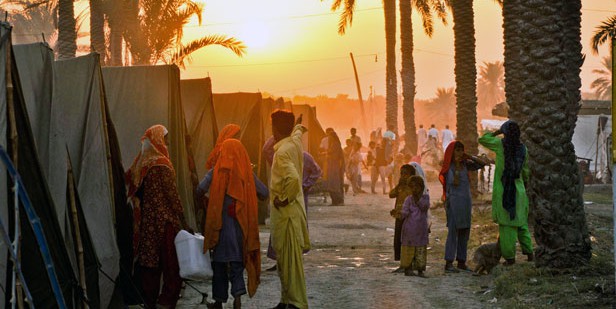Those that follow this publication know that Reboot is passionate about improving the nature of transactions between citizens and the institutions meant to serve them. From Egypt to the United States to China, we are looking at how these interactions are changing, and how to design that change in a way that leads to improved outcomes.
This focus has led us to Pakistan, a country roughly the size of Chile that generates a disproportionate share of the world’s grim headlines. While we’ve only been here for under a week, our time thus far — spent between Karachi and Islamabad — belies the negative narrative dominating global consciousness. Pakistan certainly has a history of painful strife, yet there are countless reasons to be optimistic about its future. For one, the Pakistani government is serious about expanding access to basic services for a population that has been battered by conflict, natural disaster, and economic despair. For another, there is an able and sizable middle class eager to help steer their country towards positive growth.
